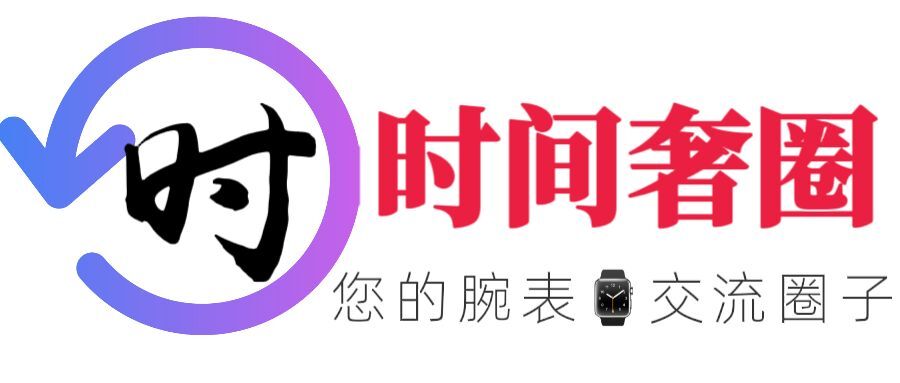mo是星期几
1. Introduction
2. Background of the Gregorian calendar and days of the week
3. The Chinese calendar and the lunar calendar
4. The origins of the word \”mo\”
5. The meaning of \”mo\” in different cultures
6. The significance of \”mo\” in Chinese culture
7. Conclusion
1. Introduction
The question of what day of the week it is can be simple for some people, but when looking at different cultures and languages, it can become complicated. In this essay, we will explore the origins and meaning of the word \”mo\” in relation to days of the week. We will look at different calendars and cultures and try to answer the question, \”mo是星期几?\” in as much detail as possible.
2. Background of the Gregorian calendar and days of the week
The Gregorian calendar, which is the most widely used calendar in the world today, was introduced by Pope Gregory XIII in 1582. It replaced the Julian calendar, which had been in use since the time of Julius Caesar in 45 BCE. The Gregorian calendar is a solar calendar, meaning that it is based on the movement of the sun. It has 12 months in a year, with each month having a varying number of days. The days of the week in the Gregorian calendar are Sunday, Monday, Tuesday, Wednesday, Thursday, Friday, and Saturday.
3. The Chinese calendar and the lunar calendar
The Chinese calendar, on the other hand, is a lunisolar calendar, meaning that it is based on both the movement of the sun and the cycles of the moon. The Chinese calendar has been in use for over 4,000 years and is used mainly in China and other East Asian countries. The Chinese calendar has 12 months in a year, but each month has either 29 or 30 days, which means that it is shorter than the Gregorian calendar year. The days of the week in the Chinese calendar are named after the Five Elements (metal, water, wood, fire, and earth) and the 12 Animals (rat, ox, tiger, rabbit, dragon, snake, horse, sheep, monkey, rooster, dog, and pig).
4. The origins of the word \”mo\”
The word \”mo\” in Chinese is written as \”末\” and is pronounced as \”mo.\” The word has multiple meanings and is commonly used in different contexts. When translated into English, \”末\” can mean the end, the last, the extremity, or the tip. However, when used in the context of days of the week, \”末\” refers to the end or the last day of the week.
5. The meaning of \”mo\” in different cultures
The word \”mo\” has different meanings in different cultures. In Japan, the word \”mo\” is used to refer to Thursday. In Korean, the word \”mo\” is used to refer to Tuesday. In Vietnam, the word \”mo\” is used to refer to Friday. However, in Chinese culture, \”mo\” refers to the end or the last day of the week.
6. The significance of \”mo\” in Chinese culture
In Chinese culture, \”mo\” has significant meaning. The word \”末\” is associated with the yin energy, which is passive, dark, and feminine. The yin energy is associated with the end or the last day of the week, which is represented by the word \”mo.\” In traditional Chinese medicine, the yin energy is also associated with the kidney, which is one of the vital organs in the body.
In addition, the word \”末\” is also associated with the number seven, which is the number of days in a week. The number seven is considered a lucky number in Chinese culture and is associated with good fortune and prosperity.
7. Conclusion
mo是星期几的意思吗
1. 引言
随着人们的生活水平的提高,越来越多的人开始关注天文学、历法学等相关领域的知识。在这些领域中,mo是一个常见的词汇,其涵义广泛,常常被用于描述时间、星期等概念。有些人认为mo是星期几的意思,但这个说法是否正确呢?本文将结合历史、语言学等角度来探讨mo的含义和用法。
2. mo的历史起源
首先我们需要了解,mo这个词汇的历史起源。mo最初出现在汉字中时,其含义是“磨刀”。在古代社会,磨刀是一项必不可少的工作,因为一把锋利的刀对人们来说非常重要,能够帮助他们完成各种生产和生活活动。在汉字演变的过程中,mo逐渐被用于表示时间的概念。
3. mo表示时间的概念
在现代汉语中,mo的用法已经非常广泛,不仅用于表示时间、星期等概念,还可以表示大小、数字等。其中,最常见的用法是用于表示时间。当我们说“几点mo开始?”、“mo下午打算去哪里?”等类似的话语时,mo实际上是代表“时刻”或“时间点”的意思。
需要注意的是,mo在汉语中并不是一个标准的时间单位,而是一个模糊的时间概念,常用于表示一个大致的时间范围或时间点。比如,“mo早上”可能代表“上午8点至11点之间”;“mo晚上”则可能表示“晚上7点至10点之间”。
4. mo与星期的关系
虽然mo可以用于时间的表示,但是与星期没有必然的联系。mo并不能代表具体的星期几,因为每一个星期都有七天,每一天都有不同的mo。比如,“周一的mo”、“周二的mo”等,都是指不同的时间点。如果一个人说“mo是星期几的意思吗?”这个说法其实是错误的,因为mo和星期并没有直接的联系。
5. mo在不同地区和语言中的用法
除了汉语中的用法外,在一些其他地区和语言中,mo也有着不同的含义和用法。
以英语为例,mo被表示为am或pm(ante meridiem和post meridiem的缩写),am表示上午,pm表示下午。在英语中,人们通常使用24小时制来表示时间,而不是汉语的12小时制。
在日语中,mo被称为「時刻」(じこく),可以与时钟或日历一起使用。此外,日语中还有“午前”、“午后”等表示上下午的词汇,但在日常交流中,人们通常采用24小时制来表示时间。
6. 总结
综上所述,mo并不是星期几的意思,而是用于表示时间的模糊概念。尽管世界各地和不同语言中,mo的用法各有不同,但它都是用于描述时间的基本词汇。在日常生活中必须了解并掌握mo的含义和用法,才能更好地理解和应用时间概念。
顶级复刻,货到付款,质量保证,对版发货,售后五年,添加 微信:AFZF66 备注:时间奢圈!
如若转载,请注明出处:https://biao.watch555.com/10447.html


